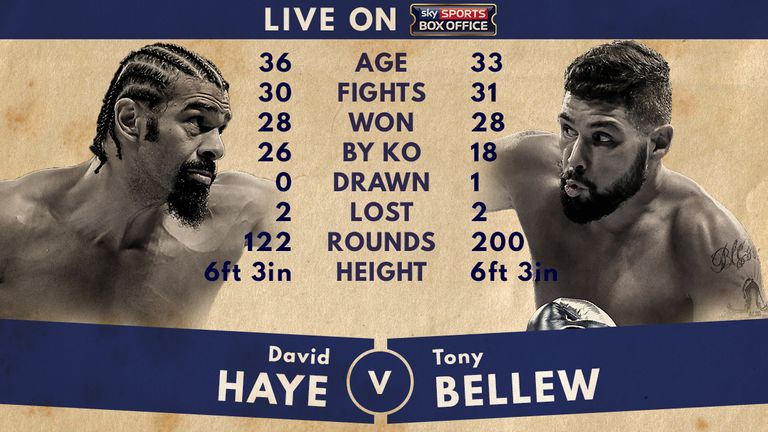Roundups, detentions, arrests, repeat. This is just part of the pattern to daily life in Turkey since the attempted coup in July.
"Yoğun" — intense — is the word people here often use to talk about the developments.
More than 110,000 people — judges, teachers, members of the military — have been suspended or put out of a job entirely. Another 36,000 are in jail awaiting trial as part of the post-coup-attempt investigation.
This week, hundreds of charities and non-governmental organizations — women's shelters and legal organizations among them — were also shuttered.
The "red lines" that Turks refer to often as breaking points have been crossed, erased and redrawn several times just in the past few weeks.
The arrest of politician Ahmet Turk on Thursday was the latest jolt. The 75-year-old co-mayor of Mardin in southeastern Turkey has long fought for Kurdish rights. He has been arrested before, but is also widely seen as a man of compromise and peace.
Pragmatism, paranoia, or power grab?
The staggering tally makes it easy for many in the West to roll their eyes and dismiss Turkey. But without condoning what is happening, understanding the circumstances and psychology is useful.
Turkey's government says the detentions and arrests are necessary. The organization it now calls FETO (Fetullah Gulen Terror Organization) was so pervasive, the government alleges, that it infiltrated every aspect of society, including the military, the education system and politics.
'After 9/11, it took some time for the U.S. to come to its senses. Likewise, in Turkey, it will take some time.'- Cengiz Erisen, researcher in political psychology
Many Turks have long wondered why, for so long, so many Turkish governments were cozy with Gulen's network. Erdogan's AKP took that relationship to another level, even jailing journalists for investigating Gulen. Now the government is jailing journalists for allegedly supporting Gulen.
And, while there may well be criminals among the tens of thousands rounded up since July, the scope of the crackdown dilutes its legitimacy — at least to outsiders.
This may all defy logic, but logic isn't the currency at the moment. Fear is.
Cengiz Erisen, an Ankara-based academic specializing in political psychology, points out there's a particular mindset to politicians who feel threatened.
"They're scared and they're extremely angry, so they want to punish the source as much as possible and get revenge as much as possible. Under threat, sometimes people do things that are extremely irrational for the future," Erisen, who is affiliated with Binghamton University in New York state, told CBC News.
Then there is Turkey's deadly fight against the PKK , an outlawed group designated a terrorist organization by Turkey, the United States and the European Union, which began its insurgency in 1984.
Add to the mix Turkey`s location and secular political system. It is rare in the region, and vulnerable because of it.
So, the government is using its state of emergency powers to clamp down on anything it sees as potential threats.
All of this combined, also helps explain why, while there have been many opposition protests, most Turks have been quiet in response to the government's decisions.
Whatever you want
Erisen said the Turkish government's response is not surprising. He compares it to post 9/11 America.
"Between desperation and fear, you can get everybody to do whatever you want, he said.
"People gave up their civil rights for the sake of greater security in the U.S.," adding "it doesn't mean that [what the government is doing] is right or it cannot be questioned."
When might the crackdown end? When might the state of emergency, now in effect for four months, be lifted?
"After 9/11, it took some time for the U.S. to come to its senses. Likewise, in Turkey, it will take some time," Erisen said. "The important point is where do you actually make the U-turn … and reach out to the public again. That's not on our side at the moment."
Offer to help
Neither, the Erdogan government keeps repeating, is the West. And that has its own psychological impact.
Erisen suggests the key to effecting change in Turkey is to keep offering genuine help, and keep EU membership talks active.
Otherwise, if the Turkish government feels more and more isolated from and ignored by the West, it can take more, drastic measures.
Decades of EU agony aside, the Turkish people are still scarred from the coup attempt and being hit almost daily with news of a worsening economy, terror attacks and the Syrian war at its border.
"Nobody trusts each other," Erisen said.
There is another comparison with the U.S. that can be made. Take a look at the fears about fake news, polarization and consolidation of political power as Trump makes the transition to a new presidency. That's been the reality in Turkey for years. It is exceedingly tough to reverse.
@adepeace








